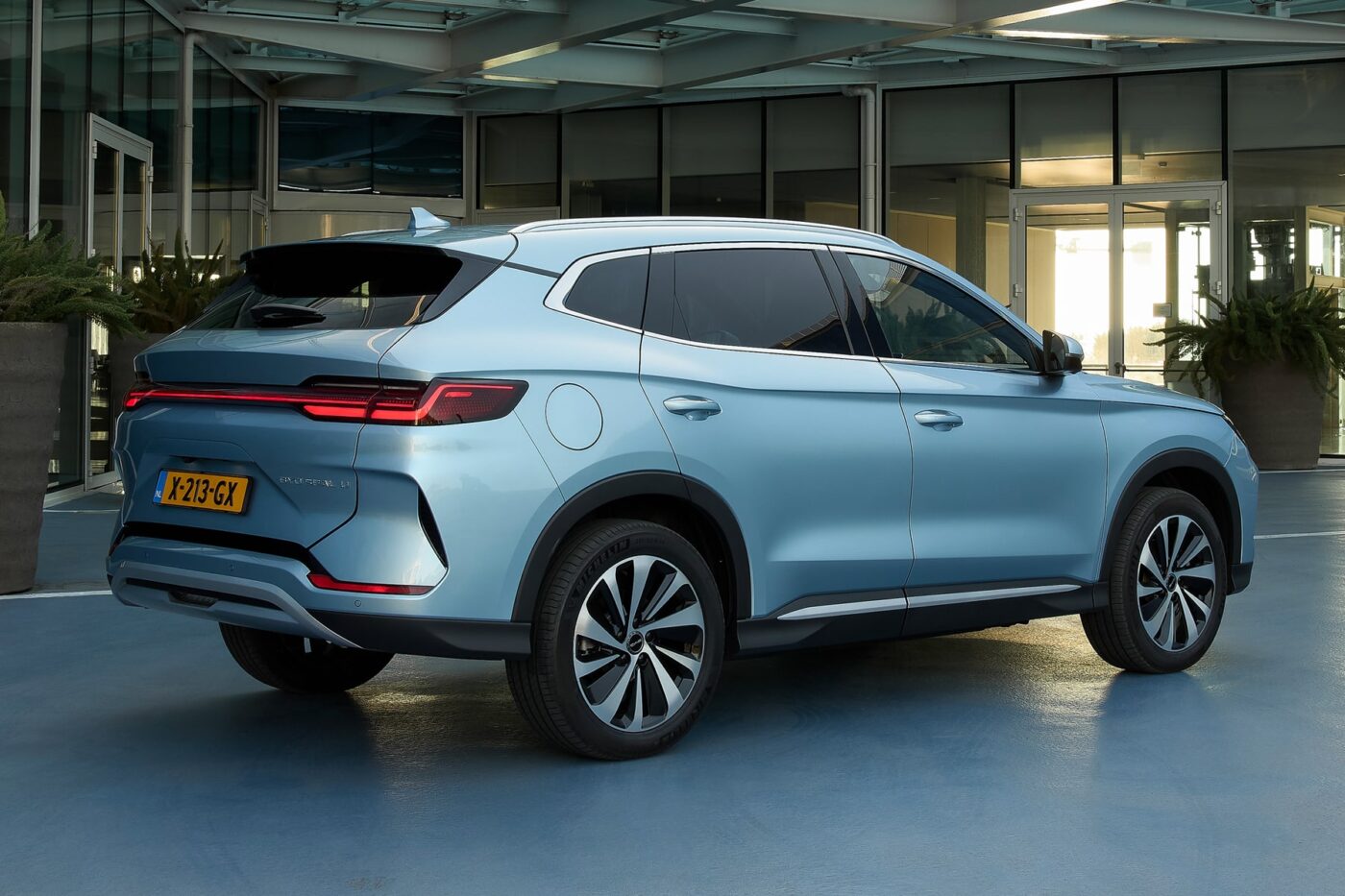US wary of Chinese EVs collecting data
The investigation is now open and the US authorities will determine whether Chinese vehicle imports pose national security risks. This may result in restrictions due to concerns about car connectivity, the White House explained. Specifically, the US rationalized the investigation as being due to vehicles tendency to “collect large amounts of sensitive data on their drivers and passengers (and) regularly use their cameras and sensors to record detailed information on U.S. infrastructure.”
“China’s policies could flood our market with its vehicles, posing risks to our national security,” President Joe Biden said in a statement. “I’m not going to let that happen on my watch.” The phrasing is interesting, as it is somewhat unclear whether the White House considers the Chinese EVs an economic threat, or a political one.
The lobby group Alliance for Automotive Innovation, which counts General Motors, Toyota and Volkswagen among its members, has requested that the Commerce Department “work closely with the auto industry to determine the scope of any action.” This is also a bit contradictory, as the companies support the US combatting issues that pose “undue risk to U.S. economic and national security,” but don’t want the government to interfere with anything “that could have unintended near-term impacts on advanced vehicle safety technologies.”
Furthermore, not many Chinese EVs are currently even available in the USA. This may change soon, as BYD considers building an electric vehicle plant in Mexico, however, the company is also quite active in South American markets, and is setting up a charging network in Brazil, and only introduced the Seal electric sedan in Mexico in December.
Mao Ning, a spokesperson from the Chinese foreign ministry has also responded to the investigation: “China urges the US to respect the laws of the market economy and principles of fair competition, stop overstretching the concept of national security, stop its discriminatory suppression of Chinese companies and uphold an open fair and non-discriminatory business environment.”
In Europe, an investigation over whether Chinese manufacturers were “price dumping” was launched back in January. Interestingly enough, this distinction was not brought up when German manufacturers wanted to get involved in business in China just a few days later. Furthermore, as the conservative wing of the EU wants to dissolve the planned ICE ban in 2035, Chinese EVs may be the only affordable option on the continent.





0 Comments